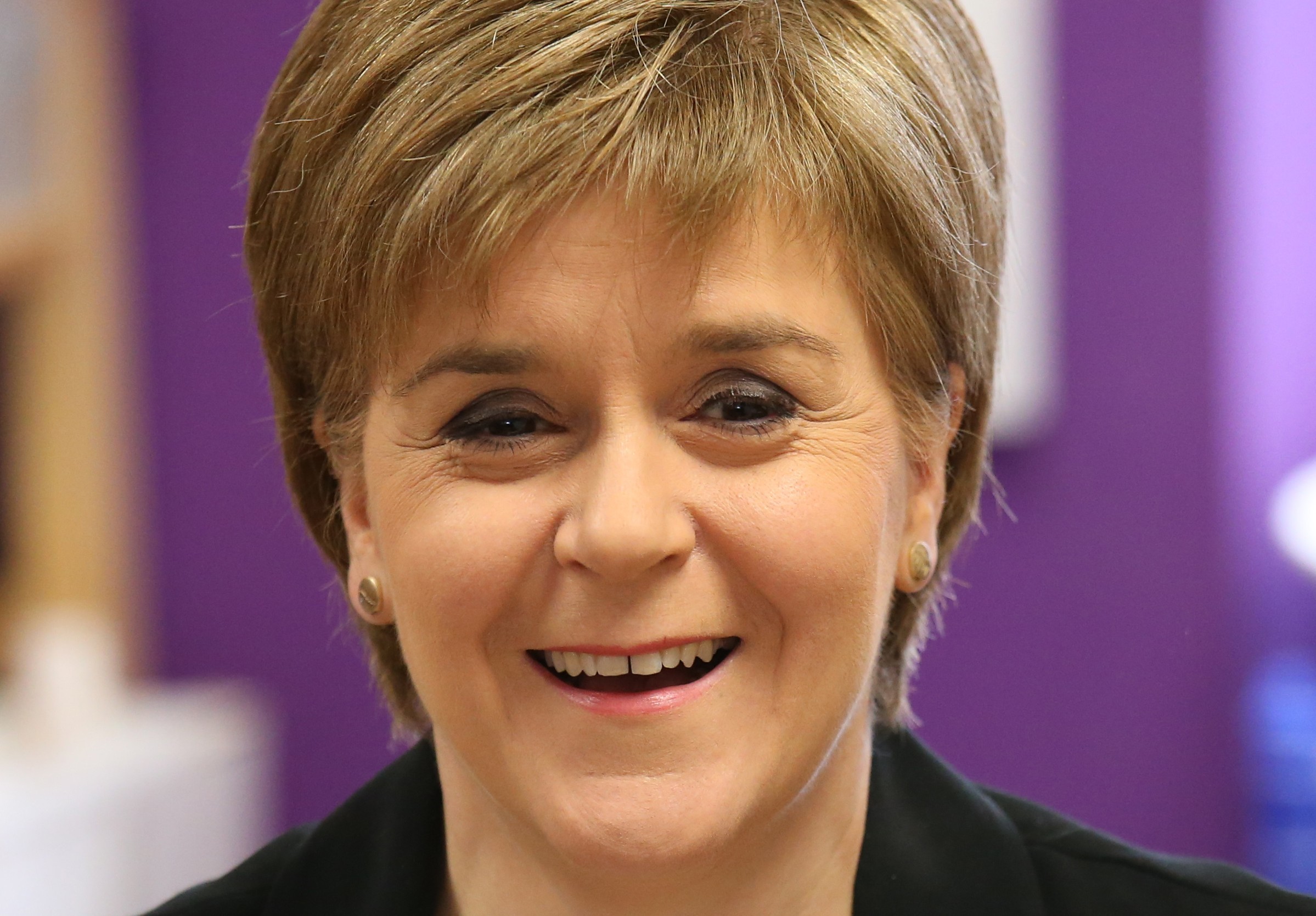Nicola Sturgeon will pledge an extra £500 million of health spending above inflation when she unveils the SNP’s election manifesto today.
Launching document in Edinburgh, the First Minister will announce the cash as part of a so-called “package of investment and reform to equip the NHS for the future”.
The funding will come from not passing Scottish workers who pay the 40% rate of tax the same cut George Osborne is giving to the rest of the UK, the Nationalist leader will claim.
She will say: “We had already pledged – and planned – to protect the NHS budget in real terms in every year of the next parliament.
“However, by making the decision not to give higher rate taxpayers the tax cut proposed by the Tories, we are able to go further. I am confirming today that over the next parliament, a re-elected SNP government will increase investment in the NHS by £500m more than inflation.
“This pledge of above inflation investment is a clear sign of our commitment to our most cherished public service. But we all know that more investment in the NHS is not enough – to make our NHS truly fit for the future, we also need to change the way it delivers services.”
Ms Sturgeon will also pledge to transfer more money from the NHS to integrated health and social care partnerships in an effort to keep people out of hospital and invest in primary and community care, as well as mental health.
Ahead of the launch in front of an estimated 1,400 invited guests, she boasted the manifesto is the party’s most ambitious programme for government ever published ahead of a Scottish election.
That claim was attacked by opposition leaders, though, who argued the SNP has been timid on its tax policies in particular.
Ms Sturgeon will say: “The manifesto we are publishing today is bold, ambitious and reforming. It sets out a clear plan for government and a clear path to a better future. It is, above all else, a manifesto for the next generation.”
Scottish Liberal Democrat leader Willie Rennie said: “The SNP are frozen to the spot – on income tax, on local tax, on education, the list goes on.
“By refusing to be bold on local taxation and by refusing to use income tax powers to make a transformational investment in education, they are not offering an alternative to austerity.”
